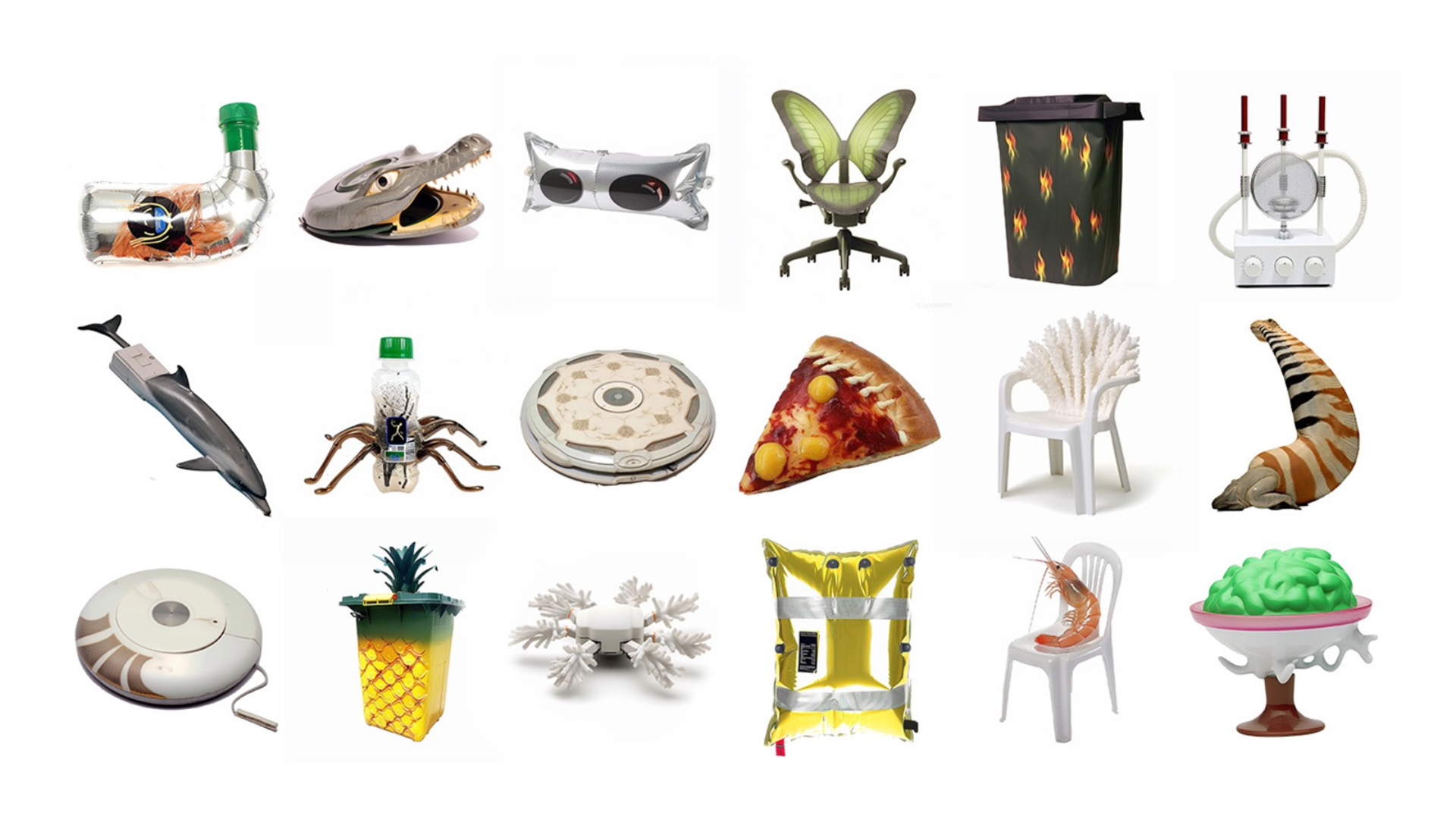Exploring Pluriversal Design Narratives in the Era of GenAI Past Event
Tickets
Dates
Venue
Access
All gender bathroom, Low sensory / relaxed, Seating available, Wheelchair accessibleExploring Pluriversal Design Narratives in the Era of Generative AI (GenAI) is a workshop, discussion, and exhibition hosted at RMIT that questions the complexity of pluriversal design amidst the growing influence of western-centric GenAI technologies in design.
Participants will gain hands-on experience creating a pluriversal training data set to generate image prompting text-to-image GenAI and learn critical prompting approaches to visualise representations of cultural artefacts. Collectively, the hope is to create a more inclusive GenAI data set together, and explore the use of this data to produce more pluriversal GenAI images.
Following the workshop, the discussion will bring together GenAI-based creative practitioners to explore the negative impact of GenAI’s ‘visual flattening effect’, and discuss ways of countering GenAI’s inherent biases such as:
- How can we develop a critical approach to examining GenAI visualisations?
- How can we challenge these visual flattening of cultural representations through the creation of more pluriversal data sets? Is this possible?
The outcomes generated through the workshop will be exhibited digitally and reveal the biases and ‘flattening’ of GenAI data and how pluriversal data sets can work to disrupt dominant data sets. Alongside these digital representations will be work from students at Swinburne and RMIT who are also exploring questions of bias and pluriversal design through the use of GenAI.
Participants
Dr Linus Tan is a design and architecture researcher in the School of Design and Architecture at Swinburne University of Technology. He investigates how designers think, act, and learn, and how using Generative AI changes the way designers and design teams think, act, and learn.
Dr Fanny Suhendra is a design researcher and educator in Indonesia and Australia. As a Chinese-Indonesian designer educated in the West, she notices that hegemonic Western view remained the primary source for design education and practice. The effort to break the exclusivity and niche perspective around communication design informed her teaching, research and practice, ensuring that empathetic practice and user/student-centred approach is used to develop methodology and pedagogy. Fanny is currently working in Swinburne University of Technology as a communication design lecturer and researcher.
Dr Nicola St John is a multi-award-winning Australian design researcher. Her research is largely collaborative; partnering with First Nations creatives, community schools, and design organisations to foster student belonging, knowledge transfer, intercultural collaboration, and design entrepreneurship. Her teaching practice encourages the incorporation of intersectional, pluriversal, and co-design methodologies within design practice and her contributions have been awarded through national and international teaching awards.
Cheng-Yu Wu was born and raised in Taiwan. He has a background in industrial design and a passion for understanding the underlying reasons behind how things are and exploring ways to improve them. As a skilled multidisciplinary designer, he thrive in collaborative environments and stay informed about the latest innovations in the field.
Priyanka is a PhD candidate in the School of Architecture and Design at Swinburne University of Technology. Her thesis investigates the expression of jugaad in informal retailing in India through a decolonising lens. She aims to contribute to the discourse on alternative practices that challenge conventional universal design standards.
Dates
Tickets
Venue
Access
All gender bathroom, Low sensory / relaxed, Seating available, Wheelchair accessibleExploring Pluriversal Design Narratives in the Era of Generative AI (GenAI) is a workshop, discussion, and exhibition hosted at RMIT that questions the complexity of pluriversal design amidst the growing influence of western-centric GenAI technologies in design.
Participants will gain hands-on experience creating a pluriversal training data set to generate image prompting text-to-image GenAI and learn critical prompting approaches to visualise representations of cultural artefacts. Collectively, the hope is to create a more inclusive GenAI data set together, and explore the use of this data to produce more pluriversal GenAI images.
Following the workshop, the discussion will bring together GenAI-based creative practitioners to explore the negative impact of GenAI’s ‘visual flattening effect’, and discuss ways of countering GenAI’s inherent biases such as:
- How can we develop a critical approach to examining GenAI visualisations?
- How can we challenge these visual flattening of cultural representations through the creation of more pluriversal data sets? Is this possible?
The outcomes generated through the workshop will be exhibited digitally and reveal the biases and ‘flattening’ of GenAI data and how pluriversal data sets can work to disrupt dominant data sets. Alongside these digital representations will be work from students at Swinburne and RMIT who are also exploring questions of bias and pluriversal design through the use of GenAI.
Participants
Dr Linus Tan is a design and architecture researcher in the School of Design and Architecture at Swinburne University of Technology. He investigates how designers think, act, and learn, and how using Generative AI changes the way designers and design teams think, act, and learn.
Dr Fanny Suhendra is a design researcher and educator in Indonesia and Australia. As a Chinese-Indonesian designer educated in the West, she notices that hegemonic Western view remained the primary source for design education and practice. The effort to break the exclusivity and niche perspective around communication design informed her teaching, research and practice, ensuring that empathetic practice and user/student-centred approach is used to develop methodology and pedagogy. Fanny is currently working in Swinburne University of Technology as a communication design lecturer and researcher.
Dr Nicola St John is a multi-award-winning Australian design researcher. Her research is largely collaborative; partnering with First Nations creatives, community schools, and design organisations to foster student belonging, knowledge transfer, intercultural collaboration, and design entrepreneurship. Her teaching practice encourages the incorporation of intersectional, pluriversal, and co-design methodologies within design practice and her contributions have been awarded through national and international teaching awards.
Cheng-Yu Wu was born and raised in Taiwan. He has a background in industrial design and a passion for understanding the underlying reasons behind how things are and exploring ways to improve them. As a skilled multidisciplinary designer, he thrive in collaborative environments and stay informed about the latest innovations in the field.
Priyanka is a PhD candidate in the School of Architecture and Design at Swinburne University of Technology. Her thesis investigates the expression of jugaad in informal retailing in India through a decolonising lens. She aims to contribute to the discourse on alternative practices that challenge conventional universal design standards.

